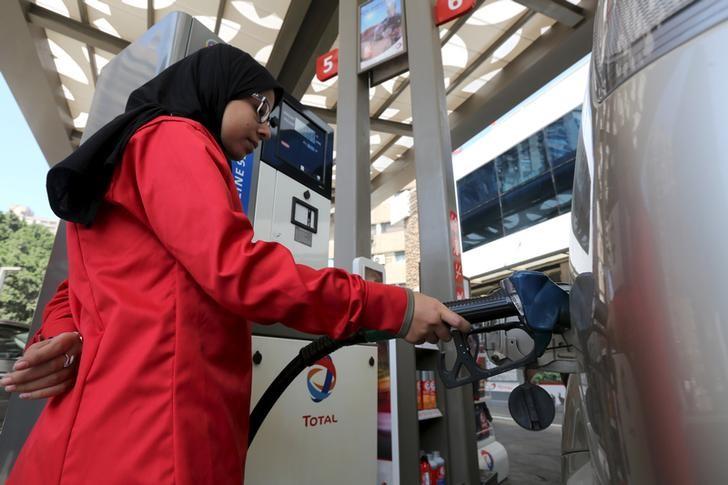Cairo – As part of a plan to cut the budget deficit and commit to the economic reform to help meet the terms of a $12 billion IMF loan deal, the Egyptian government has decided to raise fuel prices two days before the beginning of the new budget.
The price of 92-octane gasoline had been put up by more than 40 percent, while diesel and 80-octane – the most commonly used fuel categories – rose more than 50 percent.
The government also increased the price of cooking gas cylinders by 100 percent.
Economic experts have warned that the new measures would lead to a new wave of inflation, and to a surge of prices in other sectors, including transport.
This is the second time the government decides to hike fuel prices in a period of eight months. In November, fuel prices rose between 30 to 47 percent.
In remarks to Reuters, Petroleum Minister Tarek El Molla said the price of 92-octane gasoline had increased by more than 40 percent to 5 Egyptian pounds ($0.2767) from 3.5 pounds per liter. Diesel and 80-octane prices increased to 3.65 pounds per liter from 2.35 pounds.
He added that the total subsidies for petroleum products in 2017-2018 would fall to 110 billion Egyptian pounds ($6.09 billion) from 145 billion pounds ($8.02 billion).
The minister also said that fuel oil prices to cement factories would rise by 40 percent to 3,500 Egyptian pounds per ton from 2,500 pounds a ton, but gas prices to the industrial sector would remain stable.
According to economic experts, the new measures would cause a major inflation wave, and the increase in prices would affect other vital sectors, mainly the transport.
At the end of 2016, Egypt’s inflation rate surpassed 25 percent, and continued to rise to reach 30.9 percent in May, according to figures released by the Central Agency for Public Mobilization and Statistics.
Last year, the government engaged in a reform program aimed at reviving the country’s economy. The program includes lifting subsidies, raising taxes and loosening capital controls as part of a three-year IMF agreement.
